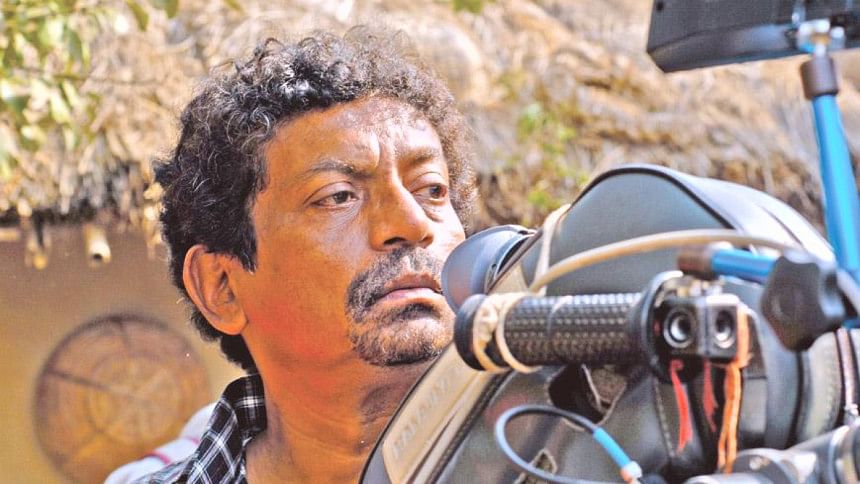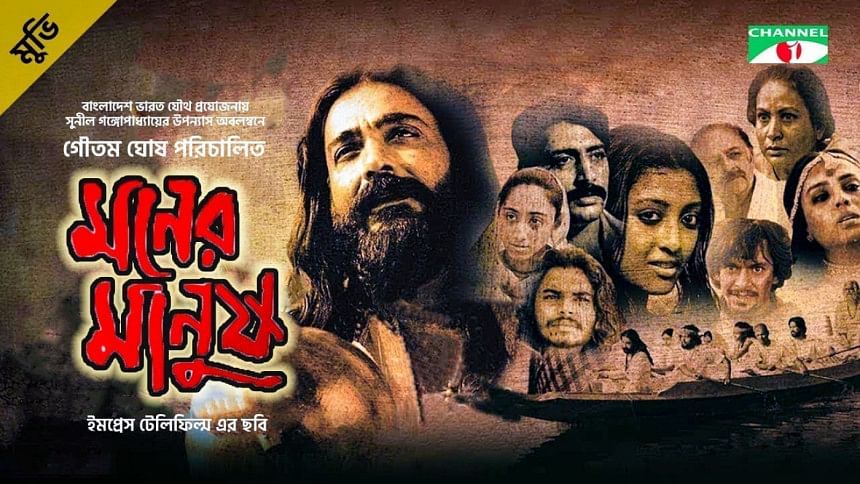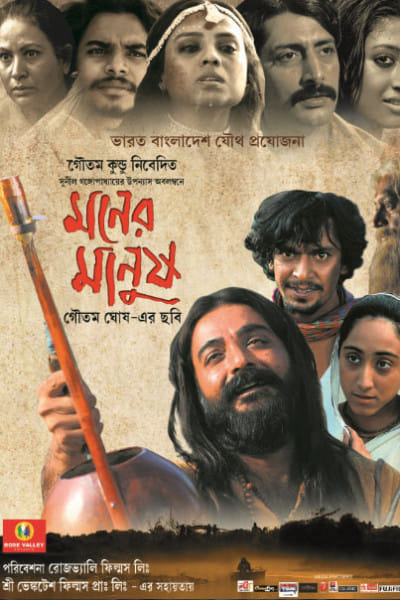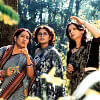How a stage performance led to Chanchal Chowdhury’s breakthrough role

In 2010, the Bangladesh-India joint production film "Moner Manush" premiered, directed by the acclaimed Indian filmmaker Goutam Ghose. Renowned for his masterful storytelling and numerous accolades, Ghose cast Bangladeshi actor Chanchal Chowdhury in the pivotal role of Kalua.

But how did he discover this exceptional talent? During a recent visit to Dhaka, Ghose shared a fascinating story.

In an interview with a private TV channel in Dhaka, Goutam Ghose recounted his first encounter with Chanchal Chowdhury. "I first saw Chanchal on stage," Ghose revealed. "I was watching a play by the legendary theatre personality Mamunur Rashid, and I saw him (Chanchal) perform. There was a challenging role in 'Moner Manush,' and after seeing the play, I felt he would be perfect for it."

Fourteen years have passed since the release of the critically and commercially acclaimed film "Moner Manush" and Chanchal Chowdhury has become a prominent figure in both Bangladesh and West Bengal.

Ghose expressed his pride in Chowdhury's success, saying, "Chanchal is now working on some excellent films. I am proud of him. When he worked with me, he had an immense desire to learn. Sometimes he would get nervous and say, 'Dada, I can't do it.' I would reassure him, 'You can do it.' I saw his dedication. I am very proud that he has established himself in both Bengals with that dedication."
Following "Moner Manush", Goutam Ghose directed another joint production film, "Shankhachil," in 2015, further cementing his connection with Bangladeshi cinema.
The filmmaker is currently visiting Dhaka.

 For all latest news, follow The Daily Star's Google News channel.
For all latest news, follow The Daily Star's Google News channel. 









Comments